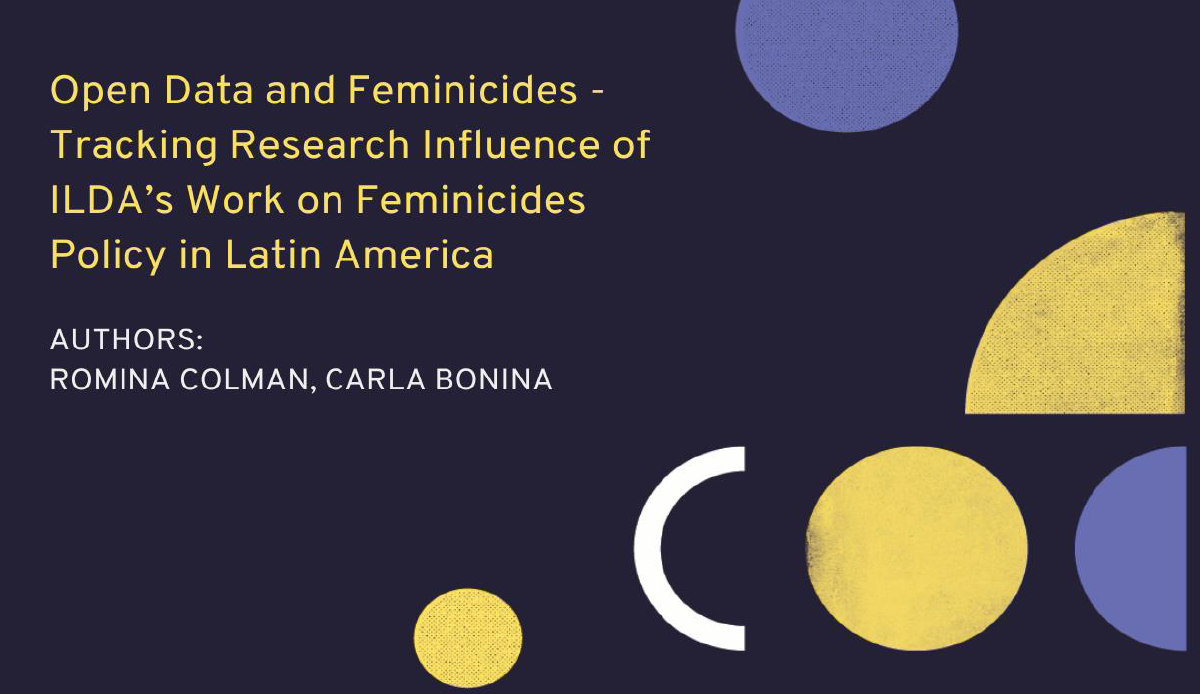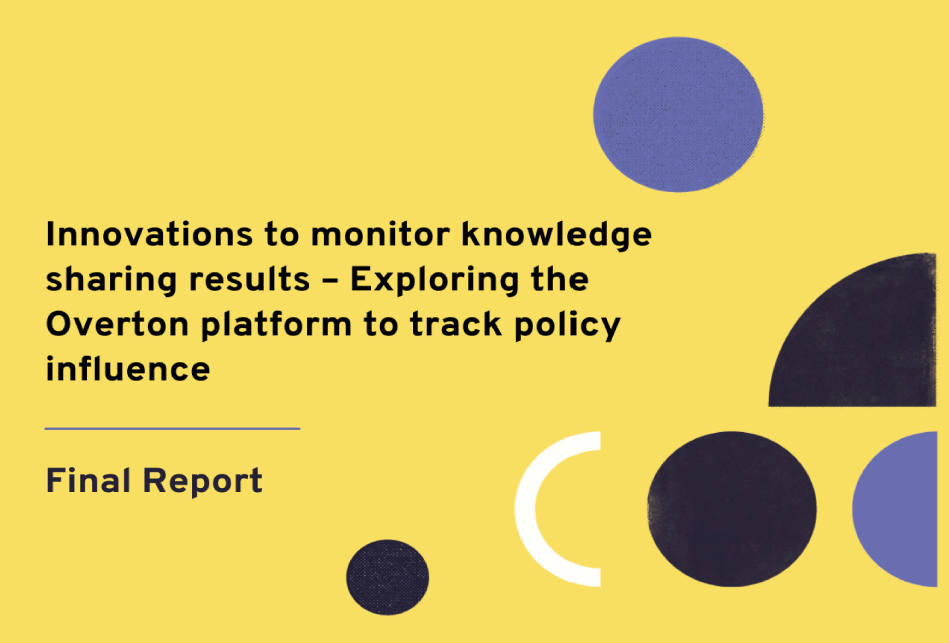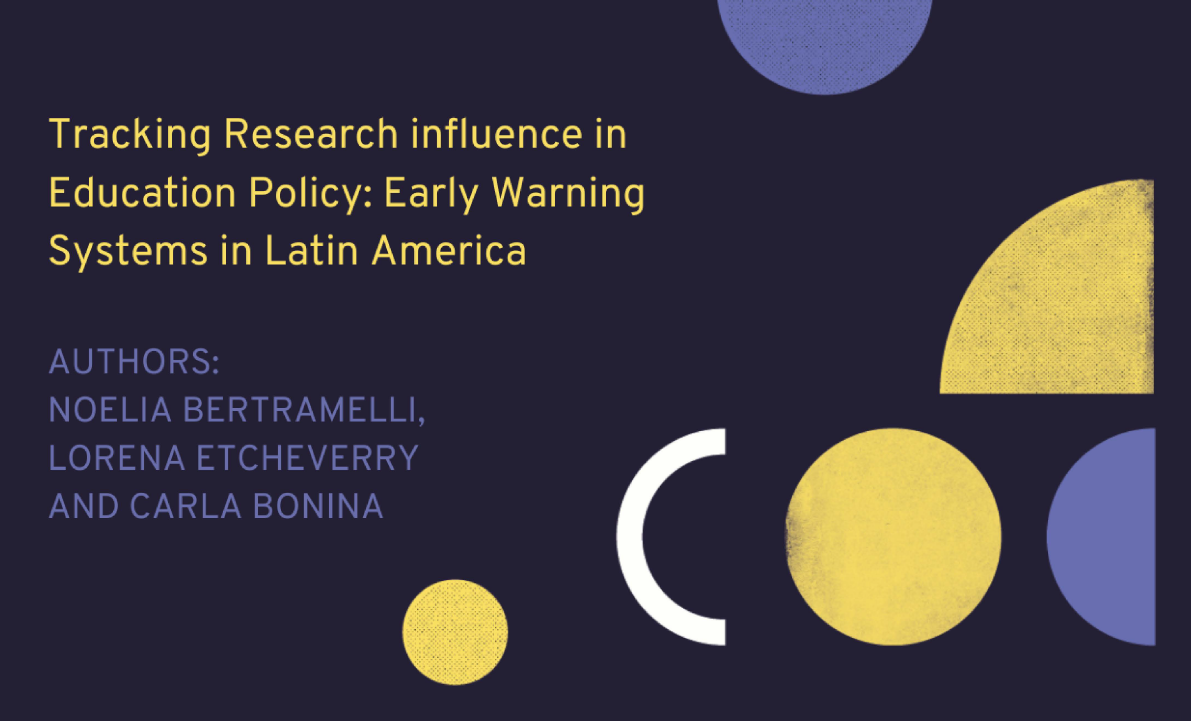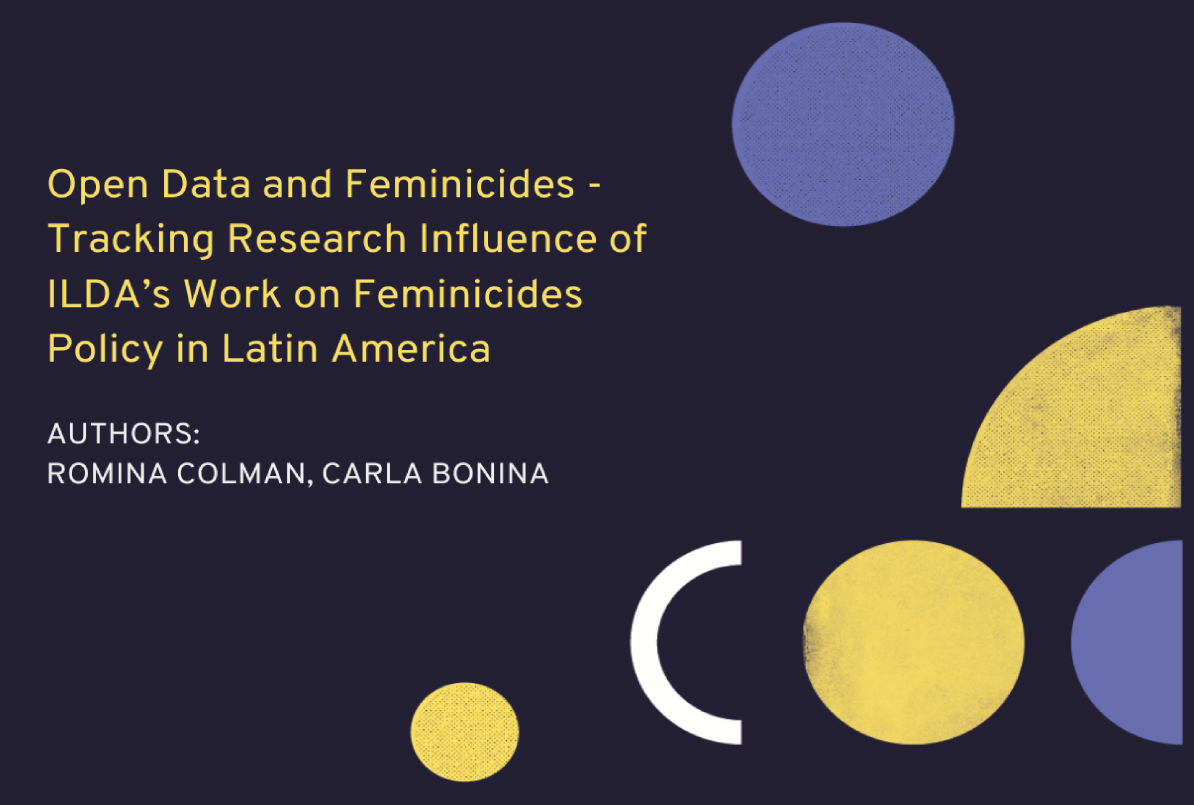The Data Ecosystem to Track Research Influence on Policy
Public policymaking increasingly relies on robust, relevant research evidence. However, understanding exactly how research influences policy remains a challenge, especially in the Global South. Building effective, data-driven tools to track this impact is crucial for promoting equitable, evidence-informed decision making. This project explores the landscape of digital metrics and tools—focusing on platforms like Overton—for tracking research influence on public policy, highlighting both opportunities and structural gaps revealed through recent studies.
The interactive visualization maps how the main sources and platforms interconnect within the broader data ecosystem:
- Academic Directories (e.g., ORCID, Research Org Registry): Catalog researchers, institutions, and their affiliations.
- Academic Repositories (e.g., Google Scholar, PubMed, Scielo, Redalyc): Store and provide access to scholarly publications.
- Policy Repositories (e.g., Overton, Policy Commons): Aggregate policy documents, making visible when and how research outputs are referenced in policy contexts.
- Interconnecting Tools (e.g., OpenAlex, Crossref, Dimensions): Link citations, patents, mentions, and funding data, weaving together different layers of the research-policy connection.
This map highlights the complexity of tracing influence: connections between academic publications, the researchers, policy documents, funders, and the policy environment itself.
Main Findings
1. Mapping the Data Ecosystem
A diverse array of platforms and tools now exists for tracking how research is cited or referenced in policy documents. However, these systems operate across silos—each maintaining distinct data structures, interfaces, and geographic or thematic coverage, complicating efforts to construct a holistic, integrated view of research impact on policy.
2. Characteristics of the Ecosystem: Sources, Uses, and Accessibility
The ecosystem is not only fragmented but also varies greatly in terms of accessibility, data-collection strategies, and interoperability. Many of the most powerful tools (such as Overton or Scopus) are paywalled, posing barriers for users in low- and middle-income contexts. Moreover, important regional repositories relevant to the Global South, like Scielo and Redalyc, may lack critical metadata or interoperability found in tools more commonly used in the North.
3. A Fragmented (and Biased) Data Ecosystem
Current tools reinforce existing inequalities: the majority of indexed research and policy documents originate from the Global North, and important policy debates and voices—particularly from the Global South and women researchers—are underrepresented. There are stark language, geographical, and gender gaps. Platforms often miss local government documents or those not published in English, further widening the visibility gap.
A robust, inclusive, and interconnected data ecosystem is essential to accurately track—and ultimately enhance—the real influence of research on policy, especially in underrepresented settings. Visualizing this network, as in the current interactive tool, exposes both the strengths and blind spots of the global infrastructure. Tackling fragmentation, reducing paywalls, and integrating more voices from the Global South are critical steps toward more balanced and effective evidence-informed policymaking.
Methodology
This analysis draws on a mixed-methods approach, combining a comprehensive literature review, in-depth interviews with domain experts, and case studies from Latin America and Africa. The methodology included mapping the data ecosystem using systematic searches, expert recommendations, and desk research—resulting in the identification and classification of the main platforms that bridge research and policy.
Feedback
We welcome your feedback to improve this visualization and enrich the discussion around research impact on policy. Please send your comments, questions, or suggestions to contacto@idatosabiertos.org
Reports
-
Open Data and Feminicides – Tracking Research Influence of ILDA’s Work on Feminicides Policy in Latin America
-
Innovations to monitor knowledge sharing results: final report
-
Tracking Research influence in Education Policy: Early Warning Systems in Latin America
-
Case study on Tracking Research Influence on Gender-Based Violence Policy in West Africa and Latin America

Innovations to monitor knowledge sharing results – Exploring the Overton platform to track policy influence is a project supported by the International Development Research Centre (IDRC).



